
Real Avilés Industrial Club de Fútbol is a Spanish football team based in Avilés, in the autonomous community of Asturias. Founded in 1903 it plays in Segunda Federación – Group 1, holding home matches at Estadio Román Suárez Puerta, with an approximate capacity of 5,400 seats.

Club Marino de Luanco is a Spanish football team based in Luanco, in the autonomous community of Asturias. Founded in 1931 it plays in Segunda Federación – Group 1, holding home games at Estadio Miramar, with a capacity of 3,500 seats.
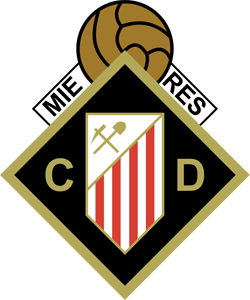
Caudal Deportivo is a Spanish football team based in Mieres, in the autonomous community of Asturias. Founded in 1918 it plays in Tercera Federación – Group 2, holding home matches at Estadio Hermanos Antuña, with a capacity of 2,940 spectators.

Club Deportivo Lealtad de Villaviciosa is a Spanish football team based in Villaviciosa, in the autonomous community of Asturias. Founded in 1916, it plays in Tercera Federación – Group 2, holding home games at Les Caleyes ground with a capacity of 3,000.
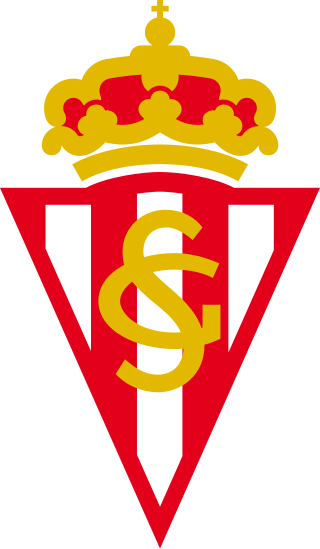
Sporting Atlético is a Spanish football club based in Gijón, in the autonomous community of Asturias. Founded in 1960 it is the reserve team of Sporting de Gijón, and currently plays in Tercera Federación – Group 2, holding home games at Escuela de Fútbol de Mareo with a 3,000-seat capacity.
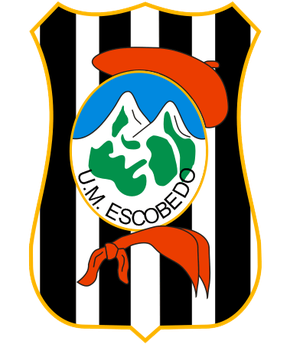
Unión Montañesa Escobedo is a Spanish football team based in Escobedo, Camargo, in the autonomous community of Cantabria. Founded in 1917 it plays in Segunda Federación – Group 1, holding home matches at Estadio Eusebio Arce.
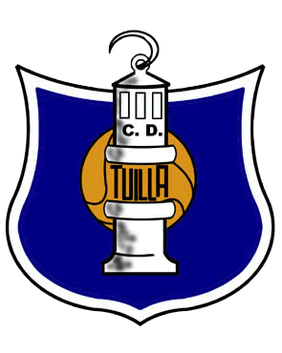
Club Deportivo Tuilla is a Spanish football team based in Tuilla, a small village in the municipality of Langreo, in the autonomous community of Asturias. Founded in 1952, it plays in Tercera Federación – Group 2, holding home matches at Estadio El Candín, which has a capacity of 2,800 spectators.

Atlético Saguntino is a Spanish football team based in Sagunto, in the Valencian Community. Founded in 1951, they play in Tercera Federación – Group 6, holding home games at Camp Nou de Morvedre, with a 4,000-seat capacity.
Círculo Popular de La Felguera was a Spanish football club based in La Felguera, Asturias. Founded in 1917, it held home matches at Estadio La Barraca, with a 5,000 (1,000-seat) capacity.
Racing de Sama, also known as Club Langreano, was a Spanish football club based in the parish of Sama, Langreo, Asturias. Founded in 1915, it held home matches at Torre de los Reyes, with a 1,500 capacity.

Linares Deportivo is a Spanish football team based in Linares, in the autonomous community of Andalusia. Founded in 2009 as a replacement for dissolved CD Linares, it plays in Primera Federación – Group 1. The team's stadium is Estadio Municipal de Linarejos, with a capacity of 10,000 seats.

Estadio Ganzábal is a football stadium in La Felguera, Langreo, and is the home of UP Langreo.
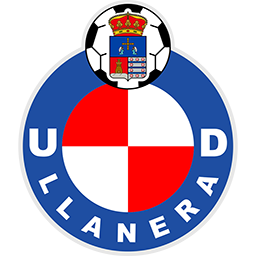
Unión Deportiva Llanera is a Spanish football club based in Posada de Llanera, in the autonomous community of Asturias. Founded in 1981, it plays in Segunda Federación – Group 1, holding home matches at Estadio Pepe Quimarán.
The 2016–17 Copa Federación de España was the 24th edition of the Copa Federación de España, also known as Copa RFEF, a knockout competition for Spanish football clubs in Segunda División B and Tercera División. Atlético Baleares was the defending champion.
The 2017–18 Copa Federación de España was the 25th edition of the Copa Federación de España, also known as Copa RFEF, a knockout competition for Spanish football clubs in Segunda División B and Tercera División. Pontevedra won the tournament after winning 1–0 on aggregate score to Ontinyent.
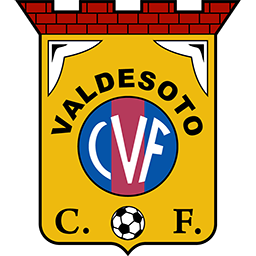
Valdesoto Club de Fútbol is a Spanish football club based in Valdesoto, Siero, in the autonomous community of Asturias.
The 2019–20 Segunda División B season was the 43rd since its establishment. Eighty teams participated, distributed in four groups of twenty clubs each. On 11 March 2020, the season of Segunda División B was suspended due to the coronavirus COVID-19 pandemic in Spain.
The 2020 Copa Federación de España was the 28th edition of the Copa Federación de España, also known as Copa RFEF, a knockout competition for Spanish football clubs in Segunda División B and Tercera División.
The 2022 Tercera División RFEF play-offs to Segunda División RFEF from Tercera División RFEF will be the final play-offs for the promotion from 2021–22 Tercera División RFEF to 2022–23 Segunda División RFEF.
The 2022–23 Segunda Federación season is the second season for the Segunda Federación, the fourth-highest level in the Spanish football league system. Ninety teams participate, divided into five groups of eighteen clubs each based on geographical proximity. In each group, the champions are automatically promoted to Primera Federación, and the second to fifth placers are qualified to the promotion play-offs. The last five teams in each group are relegated to the Tercera Federación; in addition, the four worst teams classified 13th in their group play in the relegation play-offs, to define the last two relegation places.













